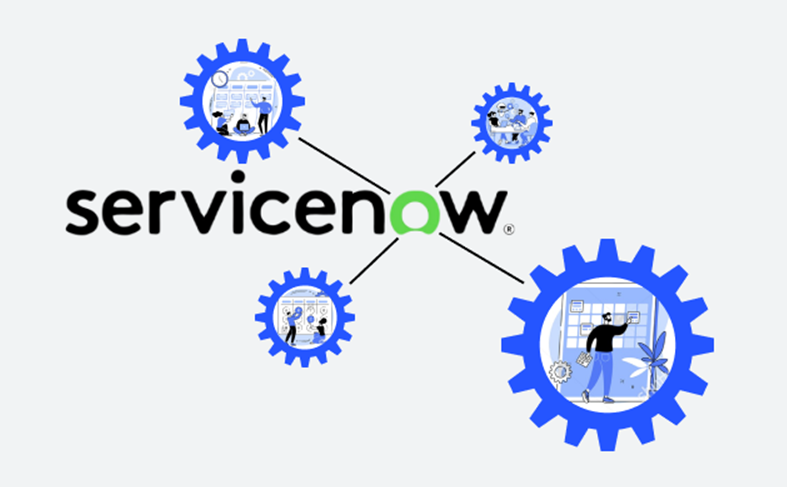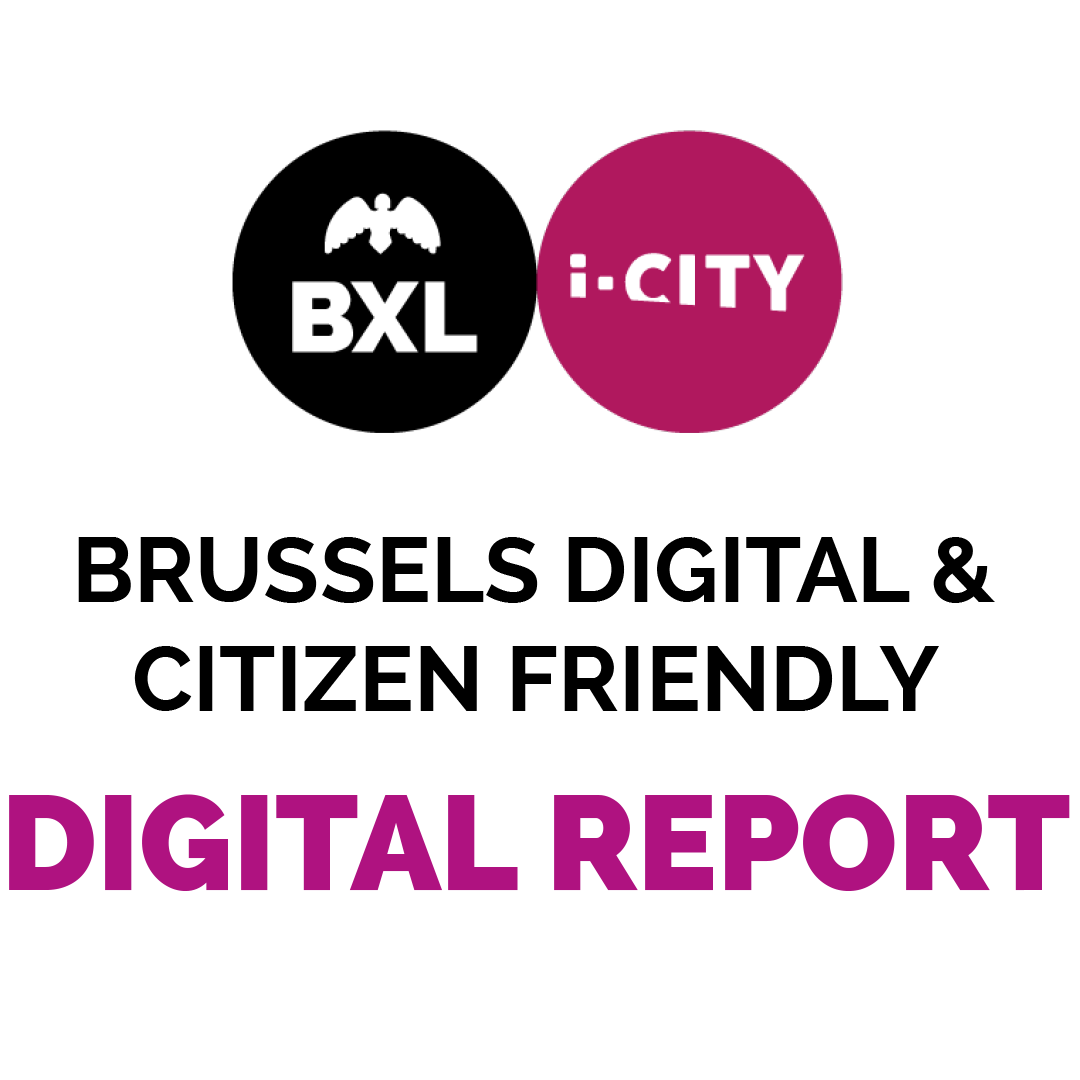Continuing our commitment to strengthening our digital security, in 2024 we completed a range of strategic initiatives to strengthen our resilience in the face of numerous and increasingly sophisticated threats, to protect our most sensitive assets, and to become fully compliant with NIS2 legislation (which came into force on 18 October 2024) as an 'essential' service to the citizens and students of the city of Brussels. These initiatives strengthened the organisation's cyber security at all levels, while raising user awareness and supporting regulatory compliance. These initiatives mainly concern the:

Network rationalisation and security
Digital identity and access security
Strengthening detection and response capabilities
Governance, Awareness & Data Protection
A successful security awareness campaign was conducted to enhance employee vigilance.
Modernising tools and rationalising application assets
2024 saw an in-depth modernisation of the application environments and an ambitious rationalisation of the software installed base. The Operations Department managed the development of the Saphir platform, which is used to manage the population, civil status and cemetery services, with 44 upgrades deployed (including 18 legal upgrades), and the grouping of Guichet application installations, guaranteeing greater responsiveness in production start-ups.
At the same time, a major decommissioning project removed 16 obsolete applications. This move was part of an overall drive to manage technical debt and simplify the IT site.
The teams also supported the migration of the Alfresco document management solution to Microsoft SharePoint, the development of availability monitoring for 20 critical applications, and several database migrations as part of the development of the City's financial tools.
Towards IT governance and user-oriented services
The ServiceNow platform, the main tool for the communication and management of requests, incidents, licences, etc. between i-CITY and the City, reached a key milestone with the commissioning of a new workspace for technical agents, along with a modernised user interface and a certificate management tool. A special effort was made to improve the CMDB, manage software assets and associated licences, and clean up user data for the City of Brussels and the BRAVVO ASBL. These advances strengthened the coherence of IT governance and helped to clarify service commitments.
2024 also saw the strengthening of knowledge-base management, the systematic identification of suppliers in incidents, and the introduction of a service-level objective (SLO) monitoring module for more optimal management of requests and incidents.

Observability, operational excellence and quality anchoring
As part of a proactive approach to continuous improvement, the department launched an observability initiative using monitoring solutions that cover all critical areas: digital platform, citizen affairs, finance, libraries, crèches, etc. A A Monitoring Committee was set up to track key indicators and speed up the resolution of anomalies. 2024 also mark the launch of the "Quality" service.,
This is a structuring lever that aims to :
- bring i-CITY's services into line with ISO standards
- reinstate a structured complaints management process
- support teams in their quest for operational excellence
This service is becoming a catalyst for a quality culture within the teams, in close liaison with the ITIL processes and the skills enhancement strategy.
Customer Centre: continuous improvement and business structuring
In 2024, the i-CITY Contact Centre reported a marked improvement in results:
- 90% fewer calls answered, 91% of them in less than 30 seconds
- reduction of calls handled in more than 2 minutes (5%, compared with 8% in 2023)
- a 2% increase in the quality of access to the i-CITY customer centre compared with the previous year
Level 1 support closed 76% of incidents and 44% of requests, for a total of 55% of operational tickets.
Level 2, introduced at the end of the year, handled 1.6% of tickets, laying the foundations for a more robust multi-level support model.
Over 90% backlog control was maintained throughout the year, despite a high volume of tickets (over 13,000 incidents and 14,900 requests recorded).
VIP SUPPORT, IMAC and event coordination
VIP support, which was strengthened in 2024 with the introduction of the SILVER level integrating a wider population into VIP support processing, saw a 200% increase in activity while maintaining a 90% resolution SLA.
Over 97 high-profile events were covered, from the Brussels Jazz Marathon to regional and federal elections, job days and local councils.
The IMAC department, which is responsible for the operational and technical coordination of all mass requests for IT equipment and software, continued its infrastructure work, which included massive software upgrades, the deployment of new equipment in the branches and the management of projects such as the "smart building for public education". The transition from a long-standing cabling supplier was accompanied by teams redefining the roles and responsibilities of the different levels of support.
Application support: security and continuity
The year 2024 was marked by a number of structuring projects for business application environments, with improved application interoperability, consolidation of testing and production processes, and securing environments through automation.
Projects such as the integration of marriage declarations, the management of update patches and the standardisation of the application decommissioning process were all successfully completed. The work carried out on front-office solutions and the development of various application architectures bore witness to our ability to maintain continuity of service while evolving within a secure framework.
User support and financial tools
The migration of databases, the modernisation of tax applications and the introduction of e-payment were accompanied by close support for staff in the purchasing and finance centres. The teams also led the Taxe 2024 census, the accounting cycles and the management of receivables to differentiate between the entities of the City of Brussels and the Régie foncière.
Business and mobility projects
A number of high added-value projects were supported in the second half of the year, including the City in 10 minutes, which enables users to discover the facilities and services available within 10 minutes of their home, the updating of new political cabinets following the elections, and the coordination of the management of new reception desks in the Brussels city offices. The sSupervision of the control cameras, bollards and key cabinets is now operational, guaranteeing robust, long-term management
Asset management and the software market
The ServiceNow management platform recorded more than 16,000 asset updates and the creation of 4,766 new assets. A new Adobe marketplace was implemented, reducing delivery times for the publisher's licences and software by 51%. The licence management module has now been implemented, making it possible to centralise data, anticipate renewals and secure sensitive information.

